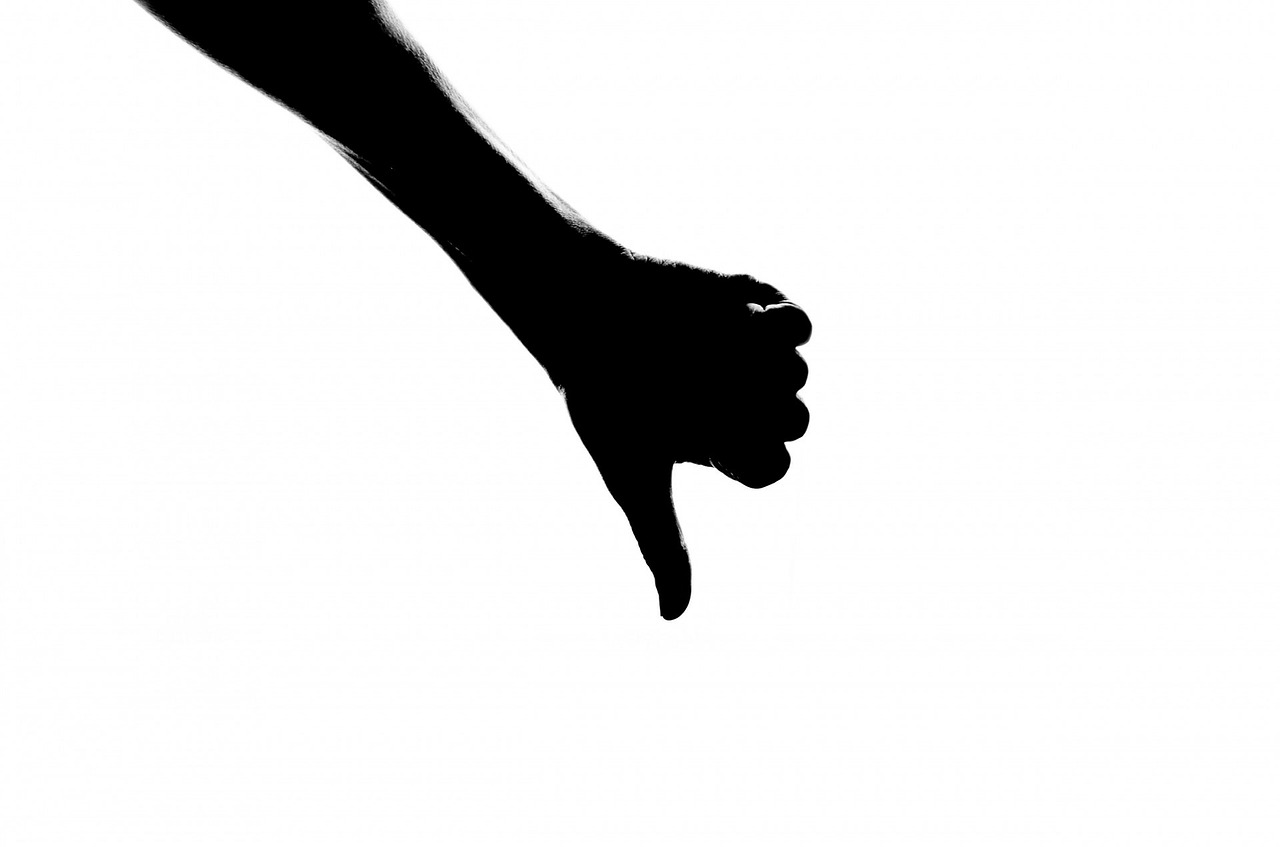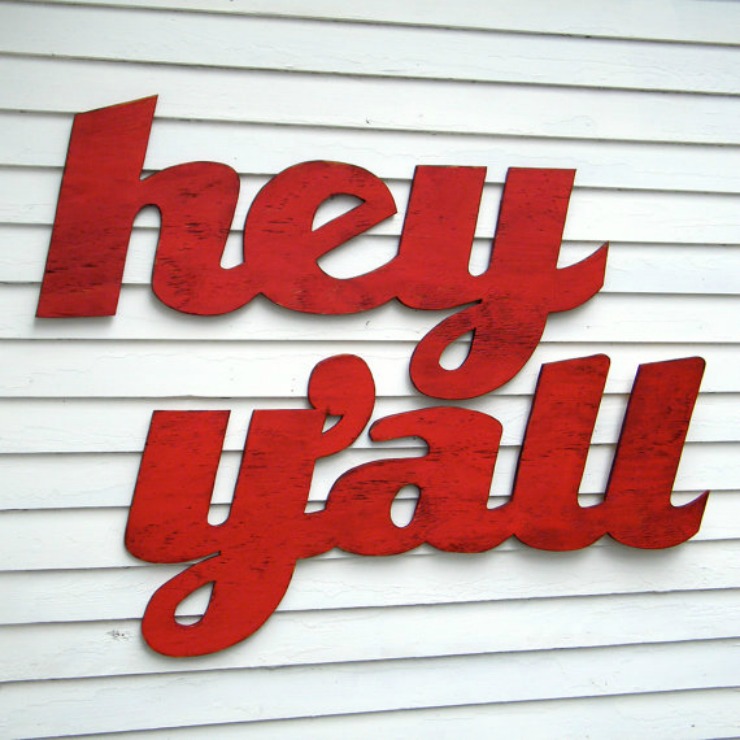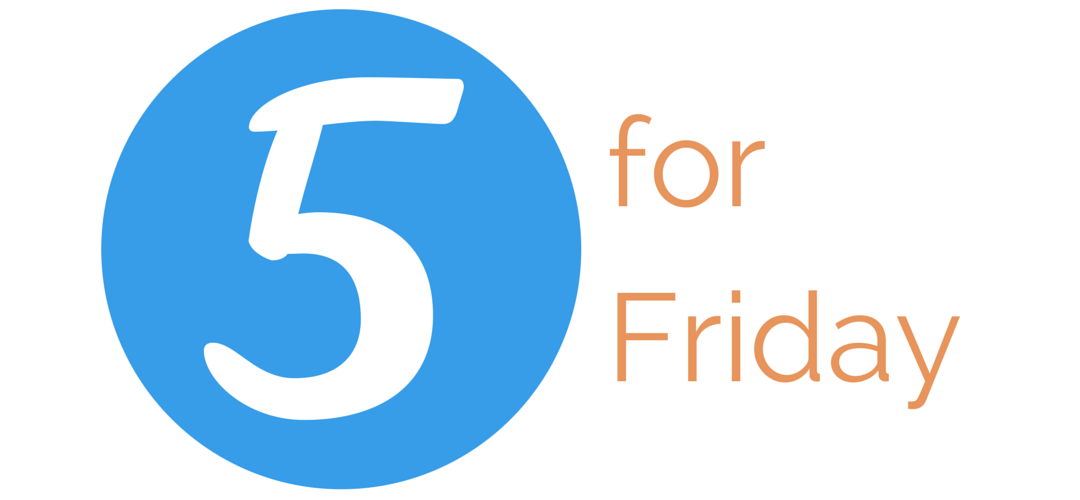When I was in graduate school, I had a classmate who was an excellent poet. She won the departmental award for poetry writing at the end of her first year, beating out even the guy everyone presumed would win–the guy who did, in fact, go on to win awards and publish several books of poetry. Encouraged by that initial success, she submitted her work to a poetry journal for publication. And, as is more often than not the case, her work was rejected.
“Well,” she said, “I’m never doing that again.”
I don’t know whether that talented woman ever changed her mind, but I hope she did. Because if you’re going to write for publication, you’re going to deal with rejection. That’s just part of the package. I once had a manuscript returned to me with a boilerplate rejection slip attached to the front page, under which someone had written Don’t quit your day job. Not the best day of my life as a writer, that’s for sure.
Even if you choose not to write for publication, though, you can’t escape dealing with rejection. It’s part of the human experience. And it comes in many different guises: You have feelings for someone who doesn’t reciprocate. You send off a resume and never hear from the employer. Or you have an interview, but you don’t get the job.
Rejection is never pleasant, and when it’s attached to something important–a piece of writing that comes from your heart, or a job you think would be the perfect fit for your skills and future plans–it really stings. But no one is immune: even the legendary J. K. Rowling has revealed that her first Harry Potter book was rejected by 12 publishing houses before one accepted it. More recently, manuscripts submitted under her pen name, Robert Galbraith, were also rejected. Her previous success doesn’t protect her from disappointment because success doesn’t make you perfect, just as rejection doesn’t make you flawed. It makes you human.
Knowing “it happens to all of us” doesn’t make rejection any less painful to deal with, though. I think that’s because human beings are wired to be social creatures: even introverts like me understand that we need the company and care of others. If that weren’t the case, we would never feel lonely or isolated from each other. Peer pressure wouldn’t work. We’d all just do our own thing, as we’re so often told to do, and not worry what anyone thought about us.
But even the most independent spirits understand that, at least occasionally, everybody needs someone. That’s why we couple up in relationships. That’s why we build families and maintain friendship networks that span many years of our lives. Those connections weave our safety net, the thing that keeps us from falling through the world unnoticed. When we do fall, we want someone there to catch us.
Thinking of rejection that way makes easier to understand: it hurts so much because it sometimes feels like a threat to our well-being. Someone is eliminating a possible connection, creating a hole in the net. And when the object of rejection is something personal, that definitely feels like a rejection of our very selves. But, on the other hand, when it arises in response to something we haven’t worked hard on, or something we don’t especially care about, rejection carries almost no weight at all. It’s just a thing that happens, like a million other things that happen over the course of a day.
Which leads me to this point: Rejection is almost never personal, even when it feels that way. The manuscript that bares your soul just didn’t look profitable to the editor who turned it down. (Publishing is a business, after all, and business is all about profit.) Someone else got the job because their qualifications were stronger than yours–or because they had better connections. Neither of those factors has anything to do with you, personally.
And it’s a good thing rejection isn’t personal, because that’s what makes it possible for us to bounce back and try again. If you can–if you have information to work with–think about how to use a rejection to your advantage. Learn from it. Make the connections you’re lacking. Revise that manuscript, if you think someone’s feedback was accurate. I used to send my short stories to a particular literary journal simply because they wrote the best rejection letters. They never published my work, but they did help me to get it published elsewhere, and they made me a better writer in the process.
As I’ve said before, I’m not a big fan of rationalizing bad experiences. Sometimes, the bad thing is simply that. Rejection is a bad thing, and there’s never any excuse for being arrogant or unkind about it (in the manner of Don’t quit your day job–just the rejection slip would have sufficed, thanks.)
But sometimes, the bad thing can work for us. It can help us move on to something better.
Rejection doesn’t have to be the last word. You always know exactly what will happen if you don’t try again, but you never know what might happen if you do.





7 Comments
“Rejection doesn’t have to be the last word.” I love that. Thank you! I wrote to a potential sponsor and haven’t heard back in weeks. I’m gonna keep plugging along!
This is great! Rejection can be so hard – whether in your personal or professional life. I wrote about this many moons ago & we absolutely share the same sentiment on the subject (http://alia15.tumblr.com/post/102285762093/rejection). It’s nice to know that rejection happens to EVERYONE – it fuels and motivates you to keep going. Some of the greatest artists/writers/musicians all have rejection stories so we can’t be discouraged when we have them as well. Great post!
I read your post and it made me laugh out loud–I can’t tell you how many times I’ve obsessed about situations like this, and for no good reason (other than the fact that no one likes to be rejected.)
Timely for me today, as I just got a rejection email on a piece I submitted. Good reminder that they rejected a piece of writing, not me personally.
This is so hard to remember–especially when the piece in question is something you worked hard on or feel strongly about. But it’s really important to keep in mind that no one (not even very successful writers, as I mentioned above) is successful all the time. All you can do is keep trying!
This is beautifully written! It’s so true that rejection is often not personal and employers/schools/people don’t have a personal vendetta against us, but sometimes it sure feels that way. And I completely agree about using rejection to your advantage! When I was applying to grad school, I had a school that rejected my application BUT also told me why they rejected it and what I could improve upon to get accepted in the future. Was it fun? No, but it definitely helped. Great post!
I was rejected by a graduate program early in my education, then accepted by that same program three years later. I just needed a little time to grow! I think the most important thing is to remember that we get to decide what rejection means–whether it’s the end of something or the beginning of something else.